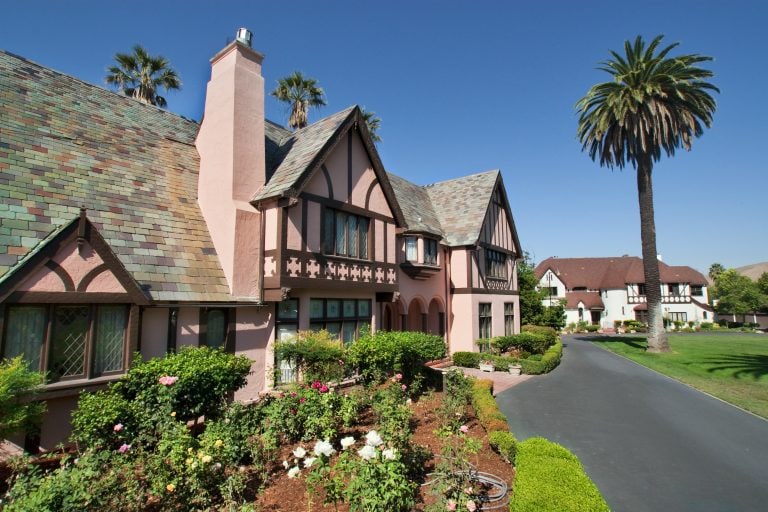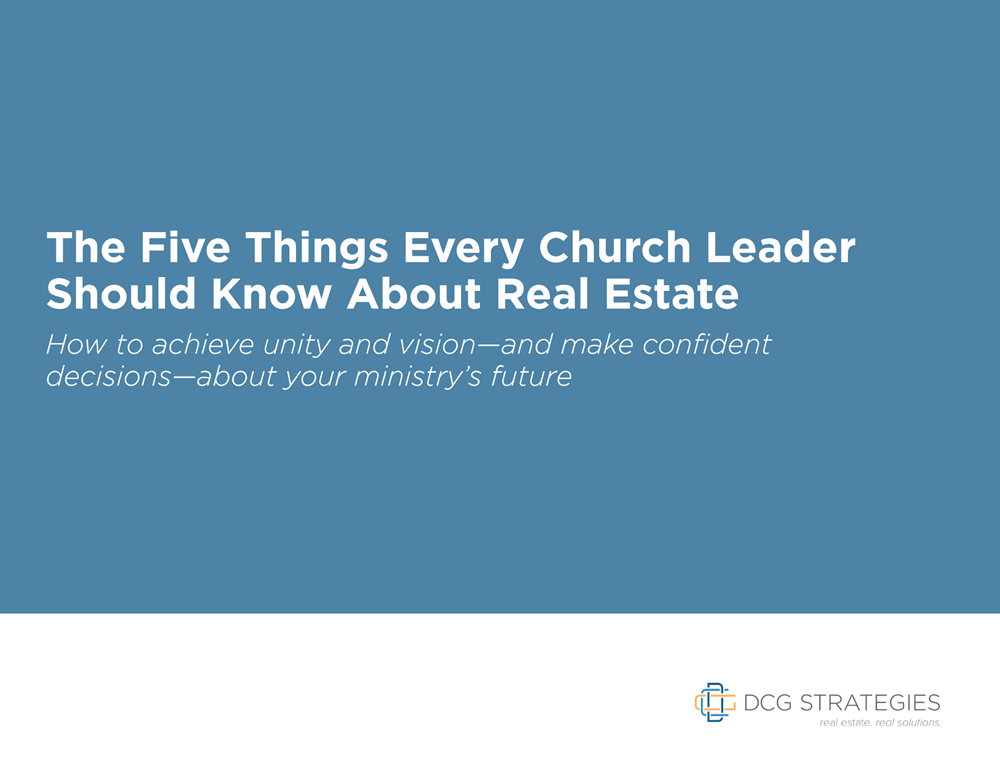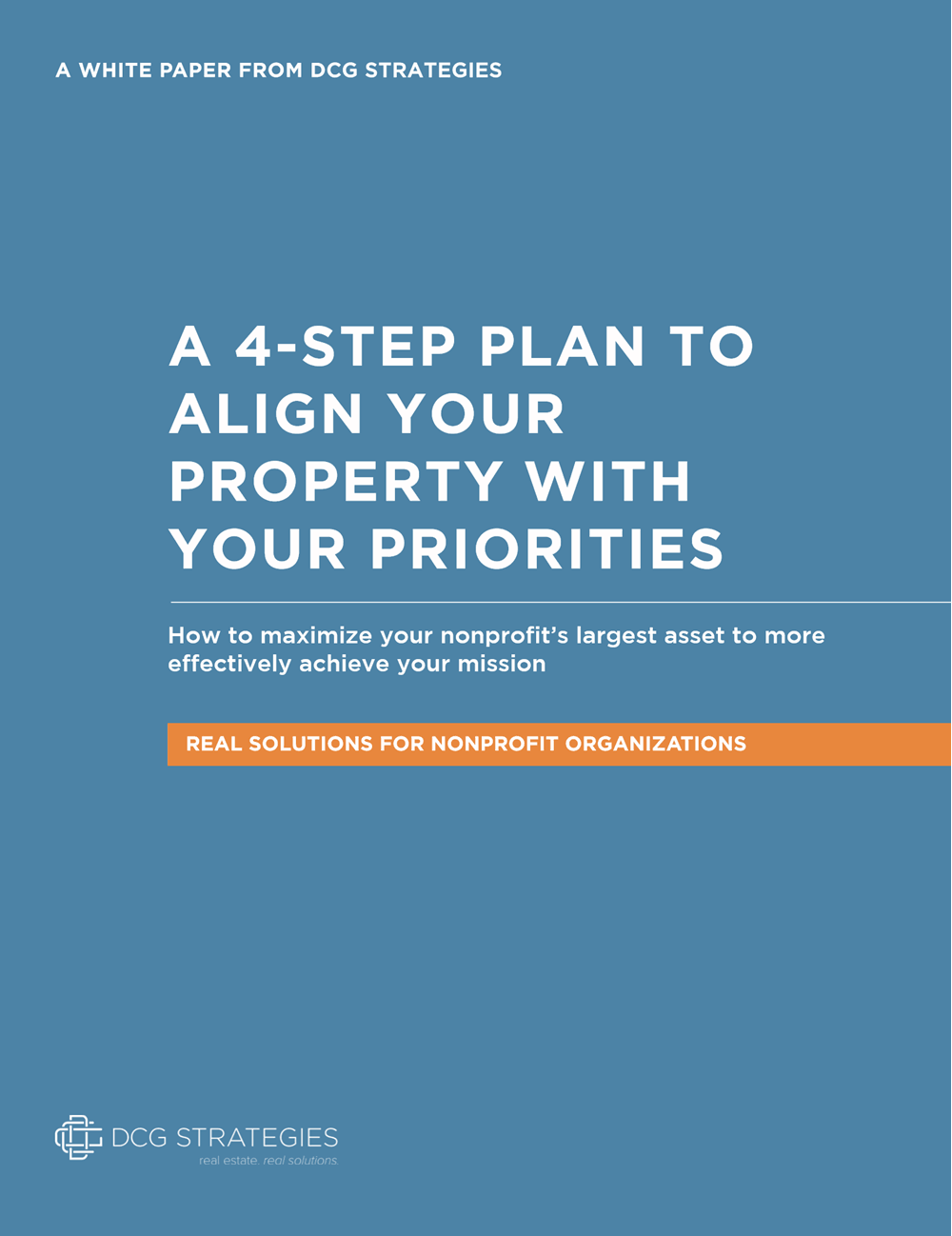Sister Gladys Guenther didn’t join the community of Roman Catholic Sisters because she wanted to get into the real estate business, but that’s exactly what she and other congregation leaders in the San Francisco Bay Area are doing.
The generational changes, general economic climate and decreased giving that are causing churches to reassess their connection to their congregants combined with the limited supply of market-rate and affordable housing in Bay Area has created both a market opportunity and a ministry opportunity for faith-based organizations.
The Market Opportunity
California’s housing crisis is escalating. The median cost of a home here is nearly half a million dollars, twice the national cost, and the number of people experiencing homelessness has grown 30 percent over the past two years, according to recent numbers from Los Angeles County.
“This is no longer a coastal, elite housing problem,” Scott Wiener told The New York Times. “This is a problem in big swaths of the state. It is damaging the economy. It is damaging the environment, as people get pushed into longer commutes.”
Although lawmakers have proposed more than 100 bills to address the affordable housing shortage, there is a growing need for new market-rate housing.
The Ministry Need
The congregation of Sisters of the Holy Family was founded in San Francisco in 1872 and owns an 80-year-old Motherhouse, originally designed as a home for women age 20 to 35, and two historic properties on 14.8 acres of extensively landscaped land in Fremont. However, the Sisters’ median age is now 80 years old, and their numbers have peaked.
“We feel like we’re reaching our completion,” Guenther says. “In anticipation of that, we said, ‘What kind of legacy do we want to leave?’ We thought we needed to make a plan for [the property] or someone would make the plan for us.”
The Sisters’ mission to seek out and advocate for the poor and needy, their commitment to the Earth Charter and the principles set forth by the U.S. Bishops in Renewing the Earth, and their need for adequate housing prompted the congregation to search for solutions. After many conversations, the Sisters decided they wanted to preserve the grounds and establish a conservation easement that permanently limits uses of the land to protect its conservation values.
The Market-driven Ministry Opportunity
Many faith-based organizations have excess land and properties, Unfortunately, many developers don’t have the experience — or desire — to help congregations make the decisions that are right for their community and finances. Their primary interest is in developing their property for profit, not partnering with leaders to work on the organization’s behalf. Without a collaborative developer, congregations often lose members, money and property.
Matters regarding faith-based real estate require a specialized approach. Ideally, this should include an adviser who has both real estate expertise and experience working with churches, who can offer the vision and strategic guidance to thoughtfully lead congregation leaders through this process.
Experienced church brokers empower the church leadership to be their own developer, giving them the capacity to develop the property themselves. A team that reflects the values of the church is built to conduct market feasibility and analysis; oversee project development, planning, design and construction; handle the financing; and manage the facility.
The Sisters partnered with DCG to develop a master plan for their property that not only solves their need for new age-appropriate housing but also provides for preservation of a large portion of their park-like property, commonly known as Palmdale.
The plan proposes to build three cottage-style buildings of 15 units each as new housing for the Sisters situated on a 2.6-acre parcel on the northwest area of the property. The 5.5-acre core area of Palmdale, encompassing the significant landscaping, historic trees, shrines and grottos, will become private open space to be preserved in perpetuity through an endowment. The two historic homes on the property will be restored and sold as private residences. On the remaining 5.6 acres, Robson Homes will build 90 to 105 single-family market-rate detached homes, targeted to young families — the sale of which will fund both the preservation of the Palmdale and the construction of the Sisters’ age-appropriate housing.
“It has a lot of intricacies,” Guenther says. “We had a lot of developers who were approaching us saying, ‘We’ll do this. We’ll do that.’ DCG was able to show us, if you invest your time and some of your resources in answering some questions and making it through this system and meeting the mayor and going through the pre-entitlement process and perhaps the entitlement process, here are different stages in the way.”
Fremont has approved the project, and the developer expects to break ground by November and finish it in 2018, Robson Homes Project Manager Jake Lavin told the Mercury News.
If you are a congregation leader interested in developing your property to share and grow your ministry programs with the community, check back for “From Congregation Leader to Property Developer Part II,” which will provide an overview of the predevelopment process.






